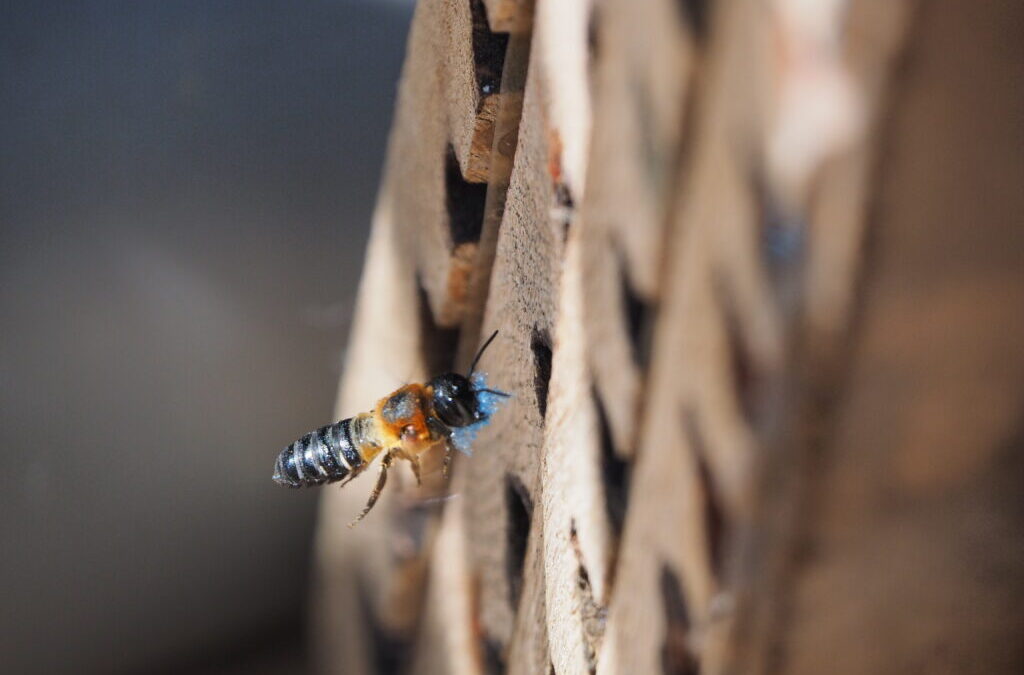Microplastics Threaten Bees and Global Food Security, New Study Warns
A new review shows the harmful effects of microplastics on bees and other insects, threatening pollination and global food security.
Nano- and microplastic particles, or NMP, are severely impacting pollination and biocontrol by harming bees and other beneficial insects, according to Nature Communications.
The scientific journal reported that insects ingest plastic particles from food or the air, damaging their organs and causing changes in their behavior.
This prevents them from adequately performing pollination and pest control, thus posing considerable risks to biodiversity, agricultural production, and global food security.
The findings were part of a review conducted by an international team, including researchers from the University of Freiburg.
Whereas the harmful effects of NMP in water and for individual species are well documented, there were no systematic reviews on how the particles affect agricultural ecosystems.
To fill this gap, the study said, the authors of the review summarized 21 already published individual studies for the first time.
They were particularly interested in how pollinators and other beneficial insects encountered NMP and its consequences on the ecosystems that depend on them for agricultural production.
Damage to Bees
The authors of the study established that the bees’ ingestion of NMP damaged their digestive system, weakened their immune system, and changed their behavior, making them more susceptible to diseases and causing them to pollinate plants less effectively.
“We find microplastic in the gut of bees and see how wild bees use plastic to build nests. We, therefore, urgently need to investigate what interaction this has with other stressors, such as climate change, for the bees and their pollination services,” said Alexandra-Maria Klein, co-author of the study.
Klein, a professor of nature conservation and landscape ecology at the University of Freiburg, observed that a decline in pollination services hurts crop yield. Thus, plastic pollution could further aggravate existing uncertainties in the global food supply.
NMP also exacerbates the threats posed by other environmental stressors, such as pesticides, chemical pollution, fungi, and pathogens.
For example, some areas become “hotspots,” where plastic particles interact with harmful viruses. As a result of such interactions, NMP could have severe effects on pollinators and, thus, on the stability of the food system.
However, the researchers emphasized the limitations of their review. For example, little data is available on essential pollinators and beneficial insects like bumblebees and ladybirds.
Moreover, the current data does not allow for a differentiated account of the effects of different sizes and amounts of NMP.
Researchers urgently need to conduct further studies to understand the growing problem of plastic pollution better and find solutions.
“It is already clear today, however, that there is a pressing need for political control of plastic pollution,” said Klein.

